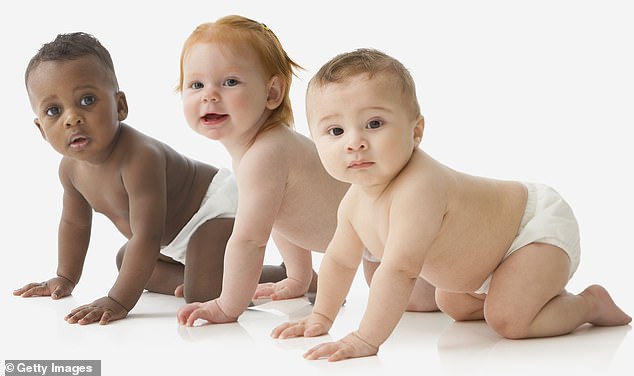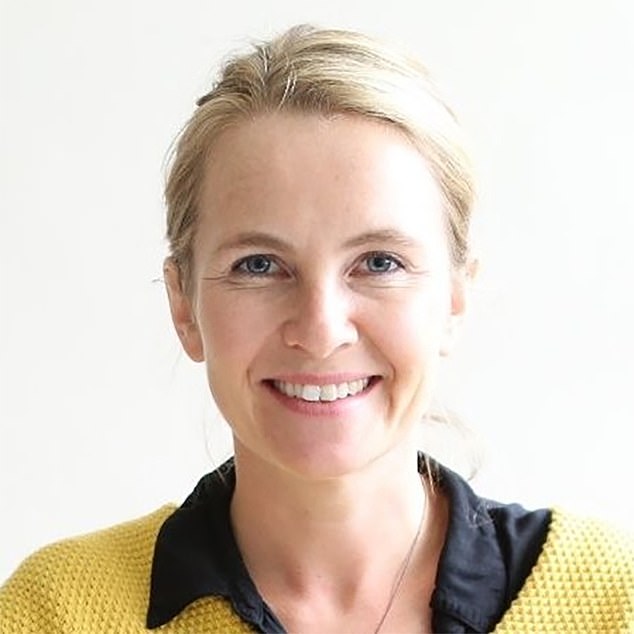For our parents’ generation, the considerations before starting a family were simple: you either wanted to or you didn’t, and you could or you couldn’t.
But now the whole concept has become much more complicated. Would a child affect your career? Your relationship? Your lifestyle? Your body? The environment?
In my role as a psychotherapist, I work with many couples facing this profoundly life-changing decision. In fact, the issue is so important that some people even turn to “baby decision” counselors to find out if they are ready to have children.
An effective process I have used with potential couples and mothers is to set aside a time and place where you can sit quietly and ask yourself a series of key questions, which I list below, and then use the power of your imagination to properly visualize. their future life in different scenarios, with and without a child.
Set aside a time and place where you can sit quietly and ask yourself these key questions, says psychotherapist Marianne Johnson
There is a wealth of scientific evidence showing that visualization forges connections between mind and body. It’s a much stronger feeling than simply “thinking” about a puzzle. If you relax and continue with the visualization process, it will allow you to feel the effect of positive or negative emotions on your body and explore those feelings.
With so many unpredictable and uncontrollable elements involved in having a baby, it can be difficult to know with certainty which is the right choice. But at the end of this process, you may have a better idea of which decision seems best for you.
Here are the six questions I recommend you ask yourself before having a child….
1. What would your life be like with a child?
Think very deeply about different aspects of your life and imagine what possible future scenarios might look and feel like, with and without a child in the mix.
What images come to mind? Observe the sensations that accompany any image that arises. Are you excited? Maybe there is sadness about the sacrifices you will have to make? What would the alternative version be like without children? Who could be in that image and how would they feel? Don’t judge yourself, just let your imagination take you through different scenarios and see how you feel about it.
2. What excites you most about the prospect of having a child?
See what comes to mind when you ask this question. Some might conjure up an idyllic setting for parents, like opening gifts on Christmas Day or reading storybooks to a sleeping child. Others might enjoy the close bond with a teenager. Look at those positive images and notice what is happening internally. How do you feel about yourself in those moments?
3. What are your concerns?
Is there something you are fearing? Move toward those fears and see what thoughts and body sensations emerge. Are you worried about losing your identity? What will that be like and what will it feel like? Are you worried about additional costs, not only in monetary terms but also in environmental terms? What’s happening with your career? Your freedom?
Don’t avoid these potential sticking points—see which fears are most charged and spend some time exploring them. Do these concerns seem insurmountable?
4. How will a child affect your relationship?
Babies bring joy, but they can put considerable pressure on a relationship, so think about possible future scenarios (good and bad) and imagine how you and your partner might react or behave separately and together. Can you imagine both sharing nightly broadcasts? Drop everything and leave work in case of emergency?

For our parents’ generation, the considerations before starting a family were simple: you either wanted to or you didn’t want to, and you could or you couldn’t.
If there are potential cracks in your relationship, a baby may highlight them, so use this exercise as an opportunity to point out areas of discussion to solidify your relationship first.
5. What kind of father do you want to be?
It’s understandable that you may feel anxious about whether or not you will be a good parent, and it can be very helpful to consider what you want your parenting style to be like. Many couples begin by reviewing the type of upbringing they had as children: what did you appreciate? What do you definitely want to avoid? How does this correspond with your partner’s opinion?
6. What would a life be like without children?
It’s helpful to visualize the impact not having a child could have on your relationship, career, and friendship groups. Childless couples enjoy greater freedom (and often more disposable income) and often form many different types of nurturing communities.
What impact do you have by “doing what is expected”? When you imagine a future without children, what does it feel like? Is this scenario exciting and liberating? Or does it leave you feeling empty? Upset? Do you have friends who don’t have children? Would you be happy and fulfilled enough if you had relationships with children as an aunt, godfather or friend?
Marianne Johnson is an individual and couples psychotherapist and founder of The Thought House Partnership in London thethoughtedhouse.co.uk
*As told to Louise Atkinson


